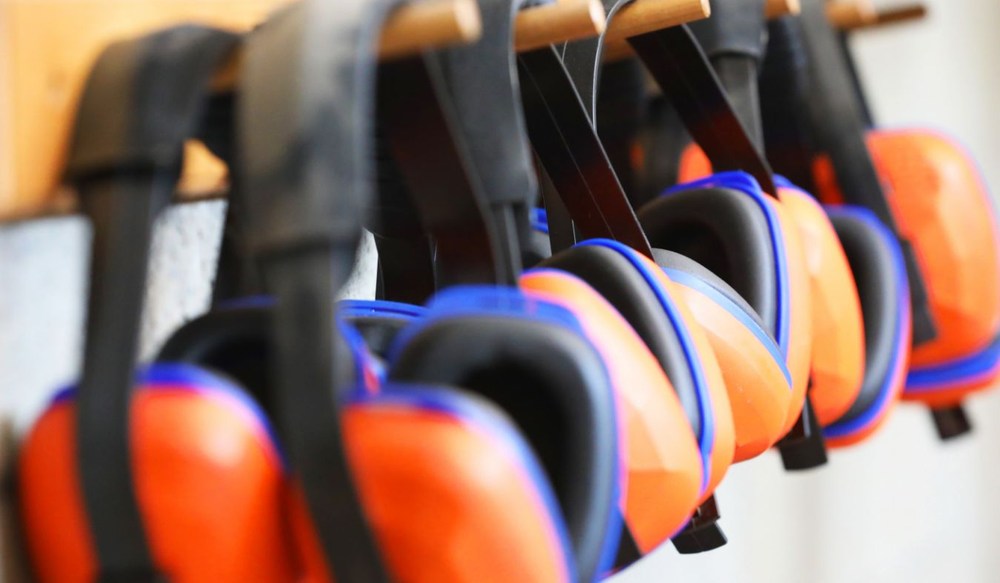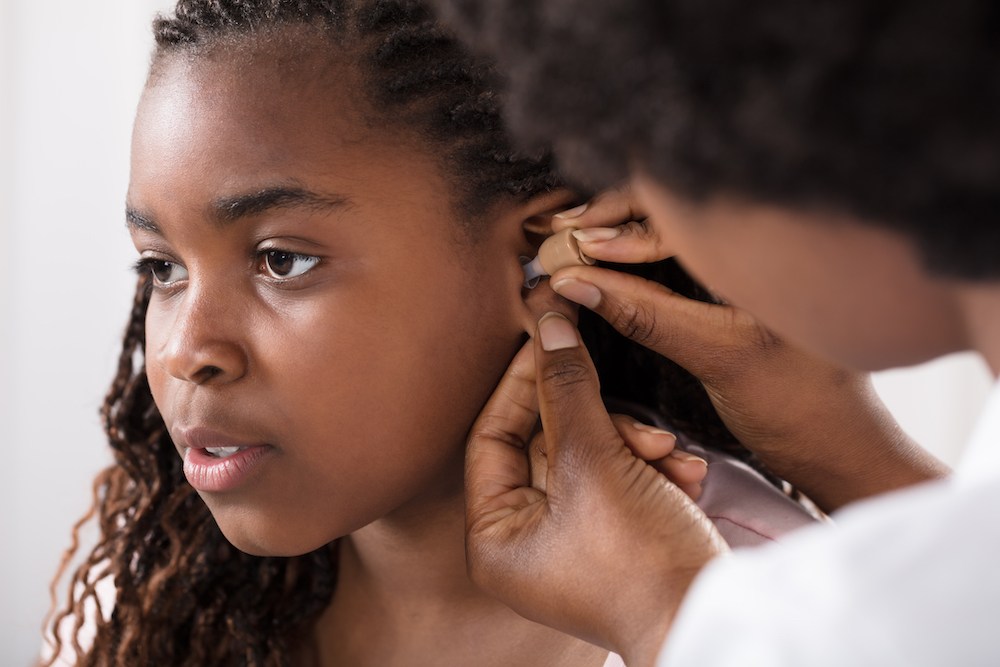What Young Adults Should Know About Hearing Protection
Hearing protection might not be something most young adults think about,
We’re Hiring! Click Here to Learn More About Our Career Opportunities →

A hearing test is a very simple procedure conducted by an audiologist that will help you determine if there are any potential issues with your hearing. A hearing test will provide you with the opportunities to check if there are any problems with your hearing, and this is why it's important to be aware that you need to do some minimal preparation to help things along.
An audiologist will make a note of your comprehensive medical history before examining your ears and testing your hearing. If you've had a history of ear infections, an audiologist should know. And if you are taking any medications, you should also bring a list of them, because certain medications can cause slight hearing loss. It's important to give your audiologist a comprehensive view of your medical history.
Two days before you go for a hearing test, make sure you remove any wax from your ears. The important thing to remember is that if you insert any objects into your ear canal, such as cotton swabs, this could push the wax further in. The best way to remove any wax is to clean your ears with a warm washcloth and wipe your ear gently. Wax build-up can contribute to hearing loss, and if you haven't cleaned your ears properly for some time, this very simple thing can make a big difference.
It is a good idea to bring a friend or family member that has an insight into your hearing history. You may think that you have no problems hearing conversations, but your friend or family member may provide information to the contrary. Additionally, having a friendly face can help support you throughout the hearing test.
If you expose yourself to loud noises, whether it's through headphones or a construction site, it can take at least 12 hours for your ears to recover. Therefore, avoid any noise louder than a vacuum 12 hours before you go for your hearing test, and make sure your ears are well-rested.
If you are experiencing any cold or sinus infection symptoms, these can cause fluid to go into the ear. The audiologist will test the functions of different parts of your ears. If you have any fluid in the ear, the results may not be accurate. If you experience any allergies, sinus infections, or the common cold, you should reschedule the appointment.
As you can see, preparing for your hearing test is not just about turning up, but it is about making sure you provide the audiologist with the best picture of your hearing health and the overall physical health of your ears. By making sure that you follow these rules, you can prepare for the hearing test, and so, if something is found, the audiologist can give you the best possible treatment going forward, so you can improve your hearing and quality of life.

Hearing protection might not be something most young adults think about,

Hearing loss usually starts gradually, making it hard to notice right

Choosing the right hearing aid for your needs is about more than just